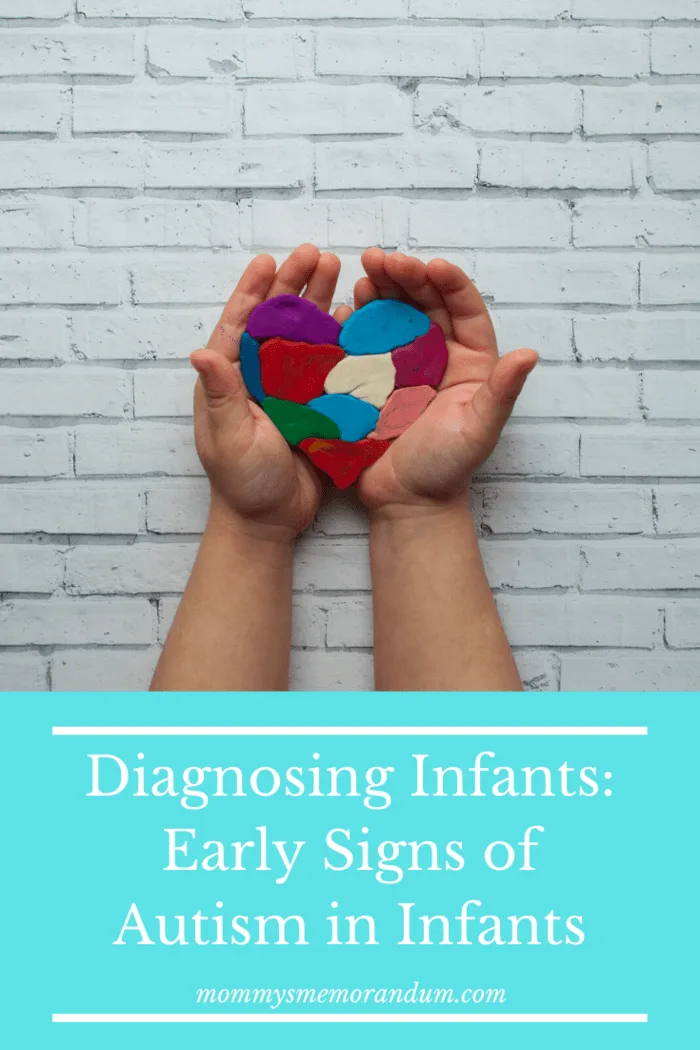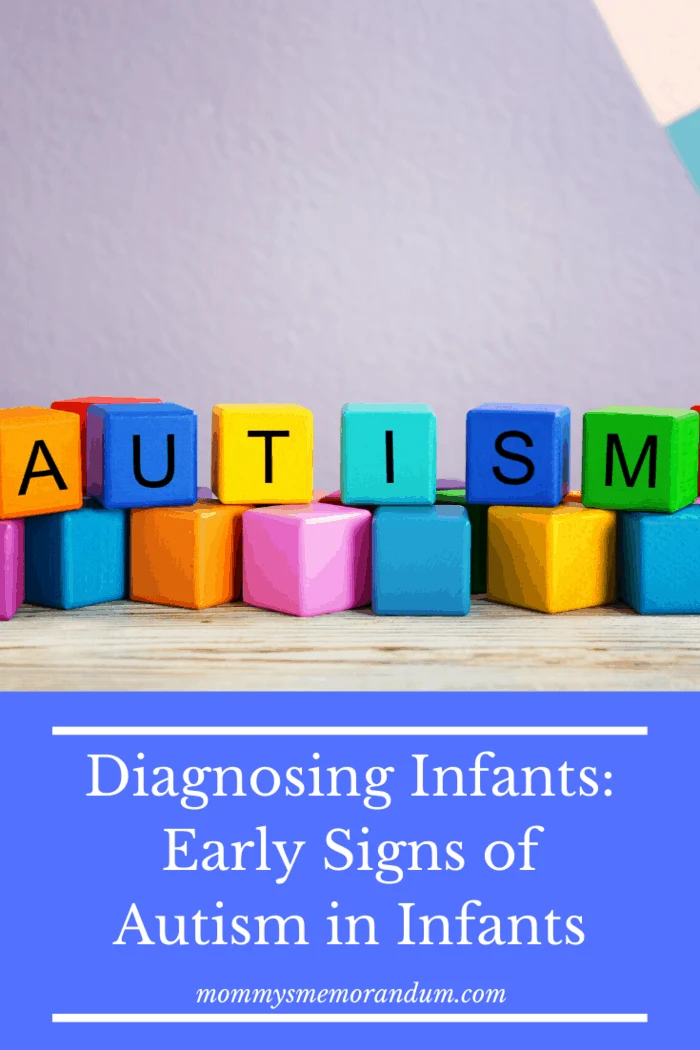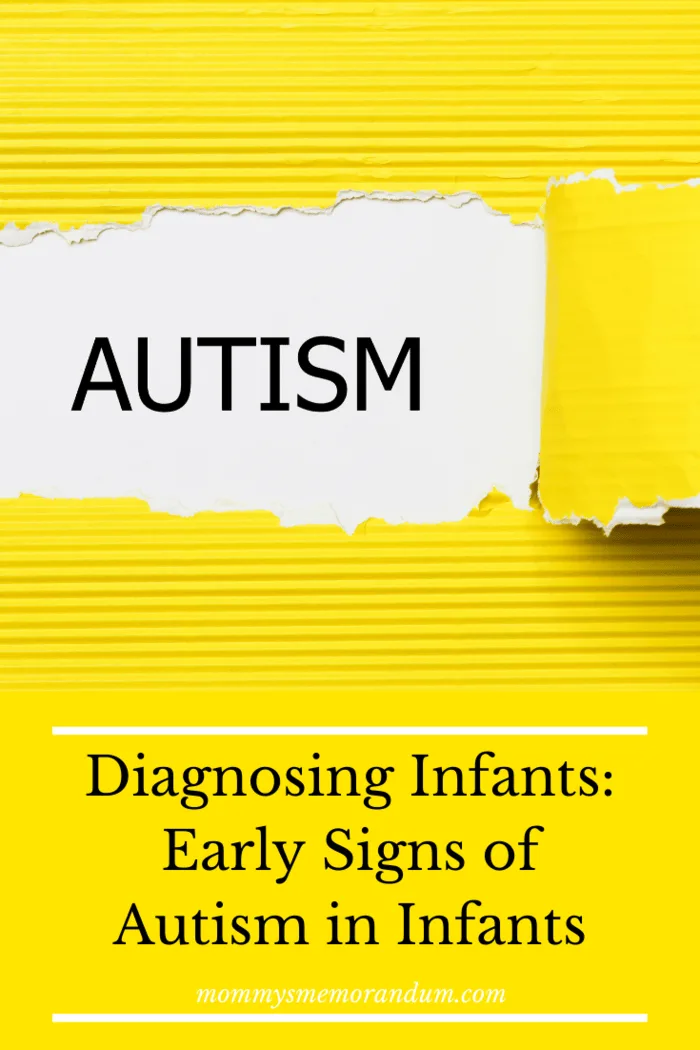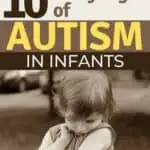Uncover the early signs of autism in infants with our comprehensive guide. From lack of eye contact to delayed babbling, learn the key indicators and get the support you need for early intervention. Perfect for new parents seeking to understand and recognize autism symptoms early on.
Understanding Early Signs of Autism in Infants
Are you a new parent concerned about your child’s development? Recognizing the early signs of Autism in infants can be crucial for timely intervention and support. According to Autism Speaks, males are four times more likely to be diagnosed with Autism than females. Interestingly, this disorder can be detected very young, with symptoms often appearing during the first two years of life. By age four, most children with apparent symptoms will have received a diagnosis.

Signs of Autism in Infants That You Should Know About
1. Lack of Eye Contact
Babies naturally show interest in their parents’ faces, especially the eyes. However, infants with Autism may lose this interest after two months and prefer staring at objects instead. The National Institutes of Health notes that infants with Autism look at their caregivers’ eyes about half as long as those without Autism.
“Eye contact is a key indicator of early social development. Its absence can signal potential developmental concerns,”
says Dr. Karen Pierce, an autism researcher at the University of California, San Diego.
2. Lack of Smiling
Typically, babies will smile reflexively in response to a smile as early as the first month. If your child hasn’t smiled by three months, it might be worth discussing with their doctor as it could be a sign of Autism.
“Smiling is one of the earliest forms of social interaction for infants. A lack of it can be a red flag for developmental issues,”
states Dr. Sally Rogers, a professor of psychiatry at the University of California, Davis.

3. Fixation on Inanimate Objects
Children with Autism often pay close attention to inanimate objects without understanding their purpose. They may be more interested in parts of an object than the whole. For example, they might fixate on a toy’s parts rather than the toy itself.
“Autistic children often focus intensely on details, which can be a distinctive sign,”
says Dr. Landa of the Kennedy Krieger Institute.
4. Lack of Verbal Noises
Typical babies start to babble by 4 to 6 months, but those at risk of Autism may do so much later. Delays in babbling are rare and are considered an early marker of the disorder. The Journal of Autism and Developmental Disorders reports that such infants also tend to babble less once they start.
“Babbling is a critical precursor to language development. Delays can indicate underlying issues,”
explains Dr. Rhea Paul, a speech-language pathologist.

5. Not Responding to Their Names
Most infants respond to their names by seven months old. By their 9-month checkup, it is expected they will turn their heads when called. According to WebMD, infants who do not respond to their names by age one are more likely to develop Autism.
“Name recognition is an early form of social communication. Its absence can be a significant indicator of autism,“
notes Dr. Rebecca Landa.
6. Repetitive Movements
Repetitive movements, such as hand waving, arm flapping, or fist clenching, are common in children with Autism. These episodes may occur daily and could evolve into self-injurious behaviors like self-hitting or headbanging as the child grows older.
“Repetitive behaviors are often self-soothing mechanisms for autistic children,“
says Dr. Peter Mundy, an autism specialist.
7. Lack of Response to Pointing
While babies might not understand what you’re saying, they usually follow your finger when you point. Autistic infants often don’t engage with pointing due to a lack of eye contact, which also affects other types of non-verbal communication.
“Pointing is an essential part of early communication. Its absence can suggest developmental concerns,”
states Dr. Connie Kasari, a researcher at UCLA.
8. Sensitivity to Certain Stimuli
Autistic babies may have sensory sensitivity, making them over or under-sensitive to sensory perceptions like smell, taste, touch, hearing, and sight. For instance, they might avoid cuddles due to being oversensitive to touch or staring directly into a light, harming their eyes.
“Sensory processing issues are common in autism, affecting how children interact with their environment,”
explains Dr. Lucy Jane Miller, founder of the Sensory Processing Disorder Foundation.

9. Repeating Words
Children with Autism may echo words or phrases they hear without understanding their meaning, a condition known as echolalia. Up to 75% of those on the autistic spectrum exhibit some form of echolalia, often repeating words spoken to them or phrases from other sources like TV or radio (NCBI).
“Echolalia is a way for autistic children to process and respond to language,“
says Dr. Barry Prizant, a communication specialist.
10. Preference to Be Alone
Autistic children often prefer being alone, even when playing. They may not seek warmth, physical contact, or cuddles, indicating a desire to remain in their own world, detached from those around them.
“Social withdrawal can be a sign of autism, reflecting a child’s struggle with social interactions,”
notes Dr. Fred Volkmar, a child psychiatrist.
Recognizing the Early Signs of Autism Can Help Your Child
The earlier the diagnosis, the more effective the treatments can be. Familiarizing yourself with these signs can help you support your child‘s development.
“Early intervention is crucial for improving outcomes in children with autism,”
emphasizes Dr. Geraldine Dawson, chief science officer of Autism Speaks.
Want to be able to help your child? Check out these 6 Effective Home Remedies for Autism.

